Mechanical failure is a persistent challenge faced by industries across the globe. From manufacturing plants to transportation systems, understanding the main causes of mechanical failures is crucial for ensuring operational efficiency, safety, and cost-effectiveness. In this blog post, we delve into the depths of various industries to uncover the primary factors contributing to mechanical failures and provide insights on how to mitigate them effectively.
- Inadequate Maintenance and Inspection:
One of the leading causes of mechanical failures is the lack of proper maintenance and inspection protocols. Neglecting routine maintenance can result in the accumulation of wear and tear, leading to component failures. Regular inspections, lubrication, and timely repairs are essential to identify and rectify potential issues before they escalate into catastrophic failures. - Fatigue and Overloading:
Mechanical systems are often subjected to repetitive stress and strain, leading to fatigue failure. Overloading the equipment beyond its design limits can accelerate this process. Understanding the maximum load capacity and implementing appropriate safety measures, such as load monitoring systems and periodic load testing, can significantly reduce the risk of fatigue-induced failures. - Design and Manufacturing Deficiencies:
Inadequate design and manufacturing processes can introduce inherent weaknesses in mechanical systems. Poor material selection, improper tolerances, and insufficient quality control measures can compromise the structural integrity and performance of components. Employing advanced design tools, conducting thorough simulations, and adhering to stringent manufacturing standards are crucial to minimize design and manufacturing-related failures. - Environmental Factors:
Mechanical systems operating in harsh environments are susceptible to accelerated degradation and failure. Factors such as extreme temperatures, humidity, corrosive substances, and vibrations can significantly impact the performance and longevity of components. Implementing protective measures, such as coatings, insulation, and vibration dampening techniques, can enhance the system's resilience against environmental challenges. - Human Error and Training:
Human error, including improper operation, inadequate training, and negligence, remains a significant contributor to mechanical failures. Insufficient knowledge about equipment operation, incorrect maintenance procedures, and failure to follow safety protocols can lead to catastrophic consequences. Comprehensive training programs, clear operating instructions, and strict adherence to safety guidelines are essential to minimize human-induced failures.
Conclusion:
Mechanical failures can have severe consequences, ranging from financial losses to safety hazards. By understanding and addressing the main causes of mechanical failures, industries can enhance reliability, productivity, and safety. Implementing robust maintenance practices, considering design and manufacturing aspects meticulously, accounting for environmental factors, and prioritizing comprehensive training can significantly reduce the occurrence of mechanical failures. Remember, prevention is always better than cure when it comes to mechanical failures.

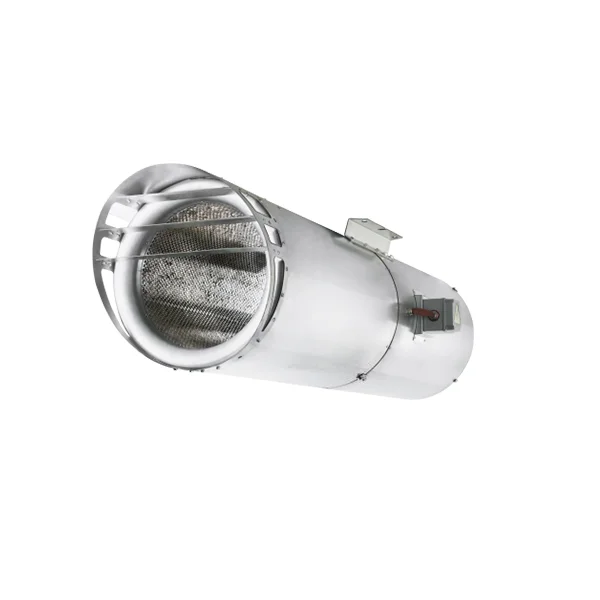
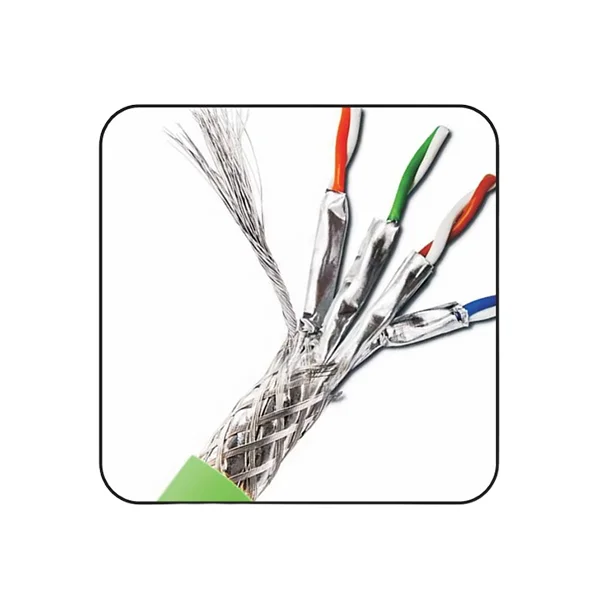
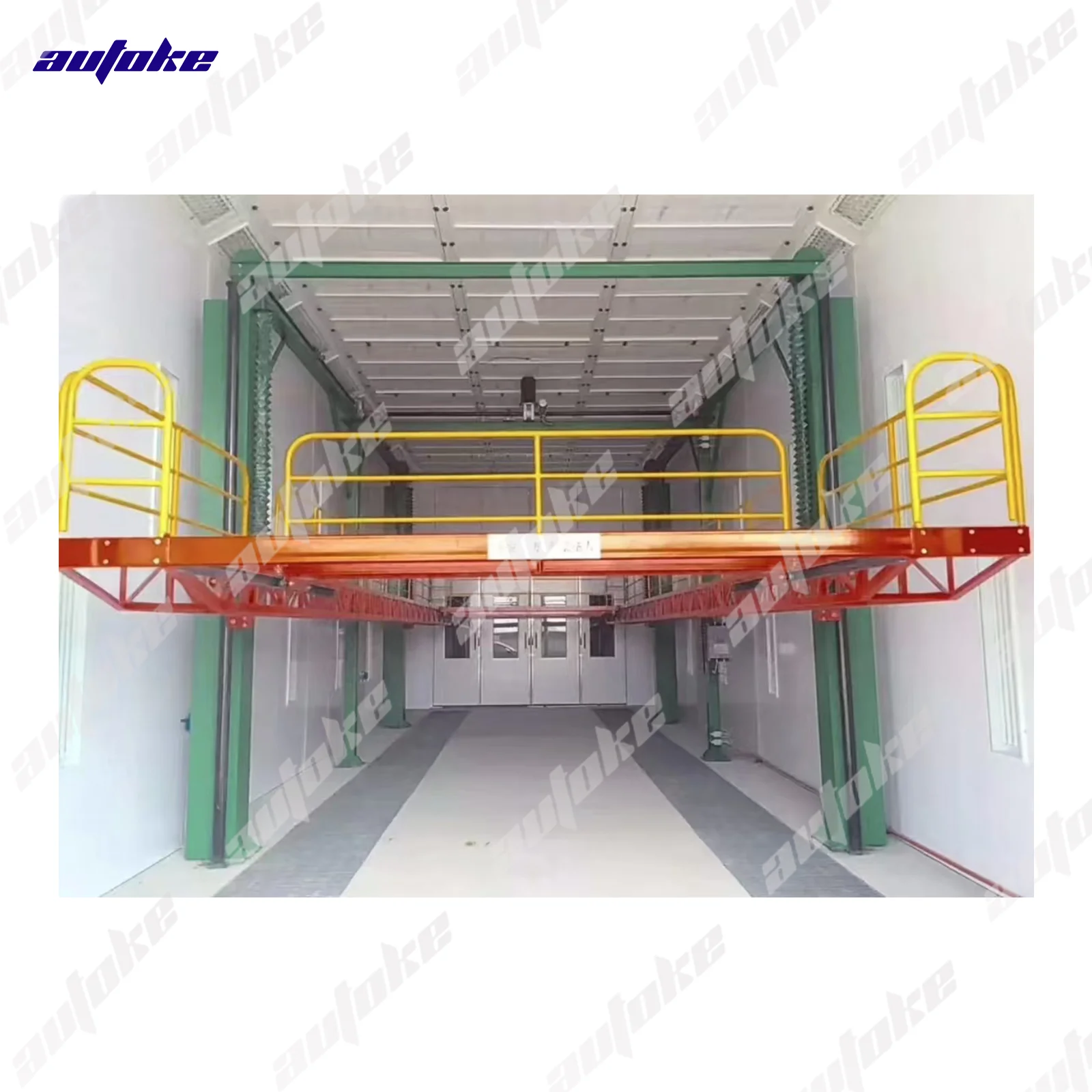
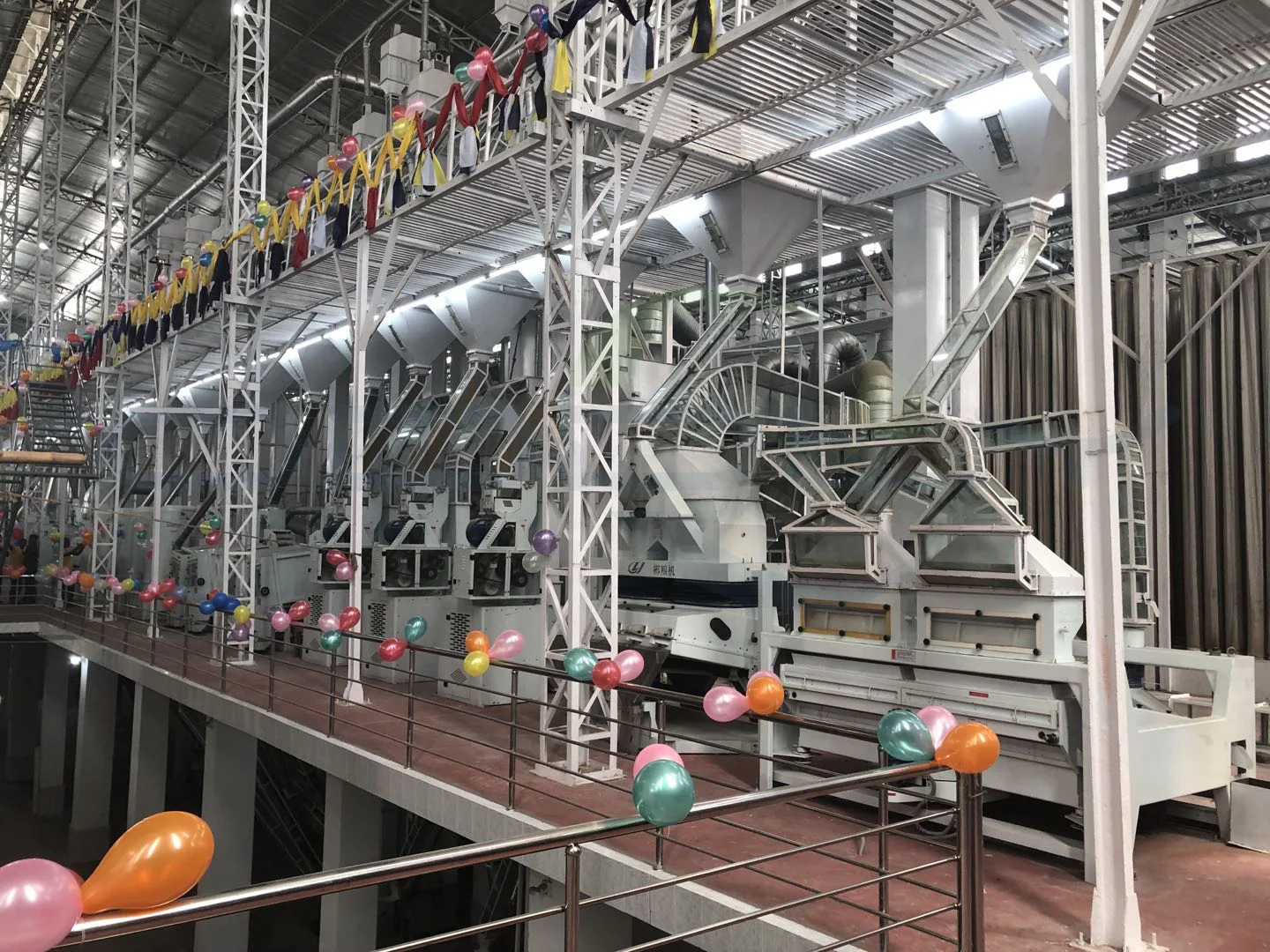


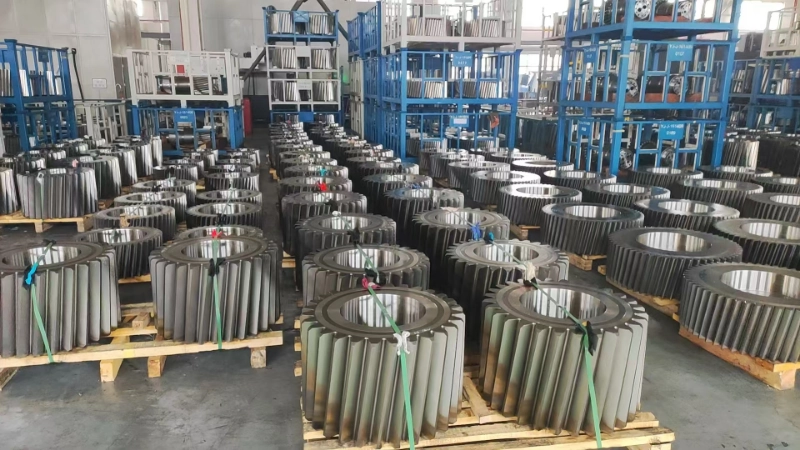
+ There are no comments
Add yours